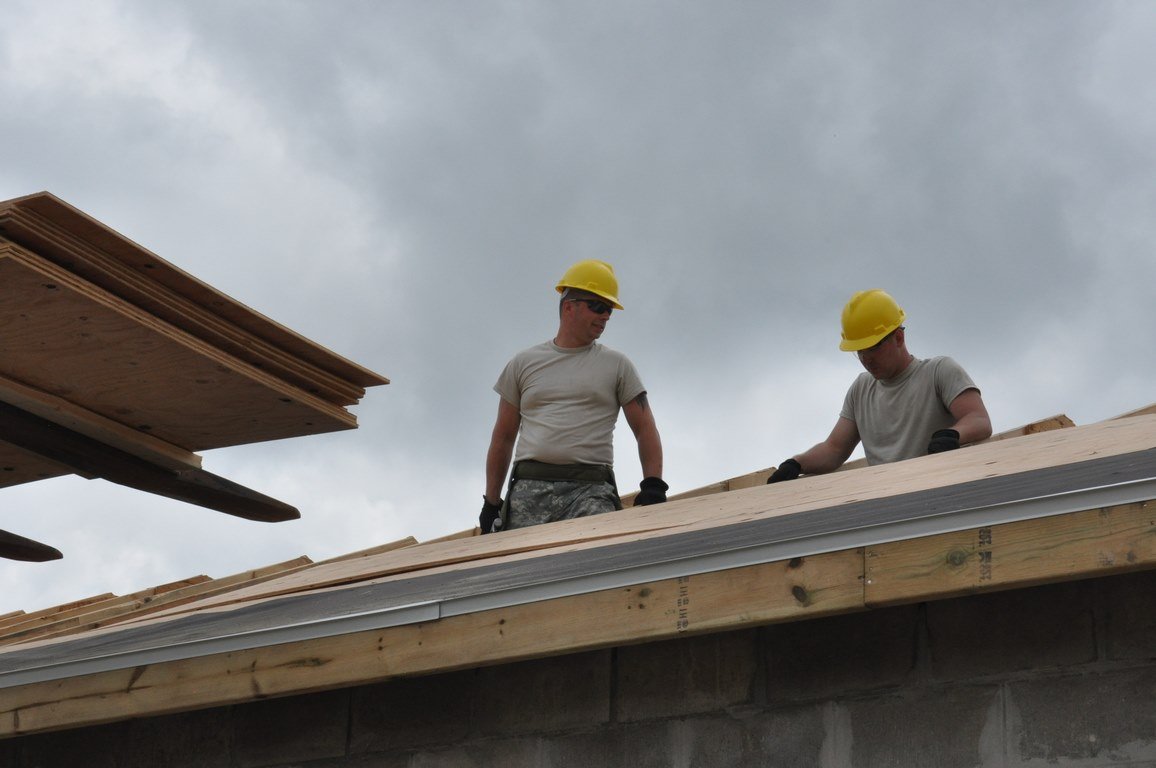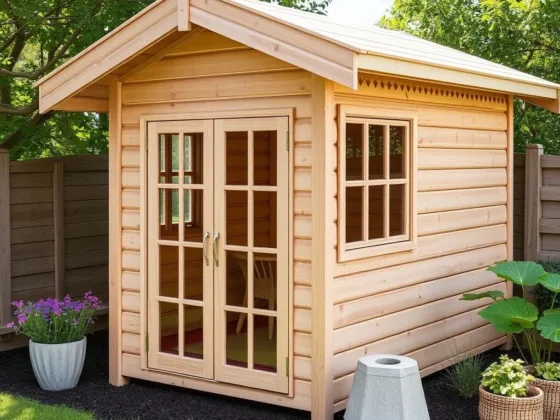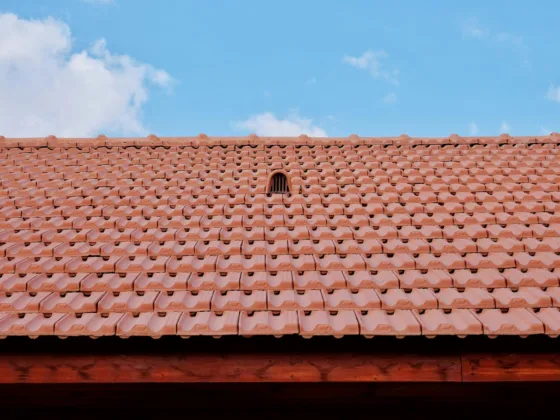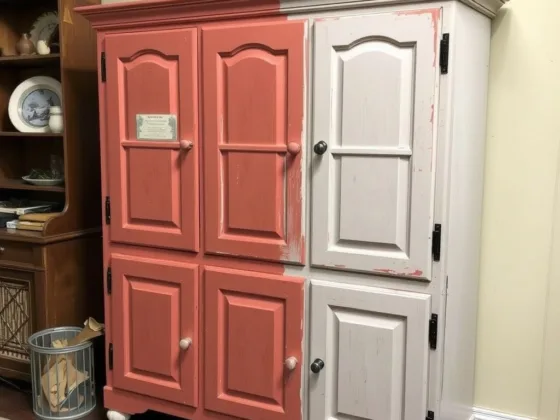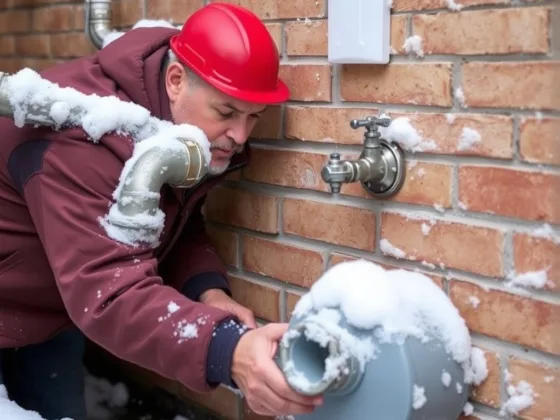Table of Contents Show
Air conditioners are becoming more important, particularly in areas with very hot summers.
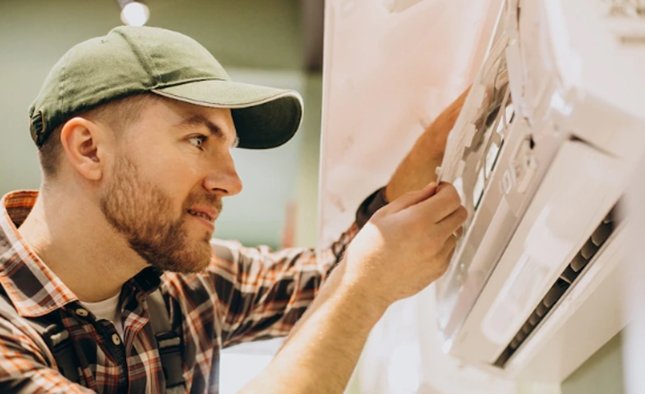
When your air conditioner stops working, you have to put up with the heat and worry about the expense of repairs. There are a few telltale symptoms of an impending air conditioner failure.
If you want your air conditioner to function reliably and not suddenly break down, it’s best to keep an eye out for potential breakdown signals and get them serviced before they become major issues.
Click here to find out about one of the best AC service companies in Phoenix. In this article, we’ll go through some of the most common AC problems and possible ways to fix them.
●A/C Won’t Turn on Without the Manual
To begin troubleshooting a non-functioning air conditioner remote, check the remote’s battery. In all likelihood, the battery has run out of juice.
Whether or not, check if there’s anything blocking the IR sensor. In the event that this does not solve the problem, you may need to seek outside assistance.
● The Air Conditioner Doesn’t Provide Proper Cooling
The most prevalent issue with air conditioners is that they don’t provide enough cooling. There are a few potential causes if your air conditioner isn’t producing cold air. Air filters that are too unclean, a lack of refrigerant, a malfunctioning motor, a dirty outside unit, or even a mistakenly selected mode might all be to blame.
The first thing to do is to check whether the erroneous AC setting was made on the remote. If you have, all you need to do to fix the problem is flip the thermostat back to the cooling setting and turn the AC back on.
The air conditioner will not provide enough cooling if the fan motor fails. If the fan isn’t turning, contact the manufacturer or an experienced repairman.
Read Also:
● There is a Leak in the Room
For some reason, this is often one of the first complaints about the air conditioner. When water seeps into a room, it might be caused by a few different things.
The condensate pump is broken, the drain pan is damaged, or debris, dust, algae, or fungus have obstructed the drain pipe. Turn off the air conditioner and unplug the cord from the wall outlet.
Remove the drain pipe from the central air conditioner and gently pour the water into a bucket by opening the plastic covers at the bottom of the indoor unit. The indoor unit’s front panel must be attached thereafter.
● There’s a Loud Noise Coming From The Air Conditioner
If your air conditioner is emitting a dull hum, it’s generally OK. However, there may be a problem with your AC if it makes persistently loud pounding, buzzing, clicking, or humming noises.
The pounding noise coming from your outdoor air conditioner unit might be the result of loose or malfunctioning components, such as fan blades. Clogged air filters, dirt in the interior or outdoor unit, or a few loose components might all be the cause of a loud buzzing noise coming from your air conditioner.
It’s typical for an air conditioner to make clicking noises when turned on or off. If, however, the clicking noises persist, the air conditioner may have an issue with its internal electrical components. For immediate assistance, contact the manufacturer or a reputable third-party service manufacturer or engineer.
● The AC is Resonating Strongly, Causing a Vibration
There may be a problem with the installation of your air conditioner if the outdoor unit of your split system or your window unit is shaking dangerously or creating rattling sounds.
Make sure the outside unit of your window air conditioner or split AC is securely fastened to the installation platform and is leveled. Your air conditioner’s installation instructions or the number of a reliable service expert should be consulted.
● Evaporator Coils Ice Up
In the rare event that ice forms on the evaporator coils of your air conditioner, it may fail to cool the air. A cooling system’s efficiency decreases when a layer of ice builds on the coil, preventing it from absorbing latent heat.
This issue arises when routine maintenance of the air conditioner is neglected, allowing dirt, dust, and fungus to build up on the air filter and other components of the unit. And that happens when the refrigerant level lowers because of a leak.
● The AC Gives Off a Putrid Smell
If your air conditioner has a musty odor, it may be because the air filters or coil are unclean. It is recommended that you follow the instructions given in Step 2 to clean the filters.
However, you’ll need specialized equipment or the assistance of experts if you ever want to clean the coil. The growth of algae or fungi is another possible explanation.
More frequent and prolonged usage of the air conditioner needs more vigilant maintenance. A damaged air conditioner can be a real problem in the midst of a hot summer; if you don’t want to find yourself in the same position, it’s important to get your unit serviced on a regular basis.
